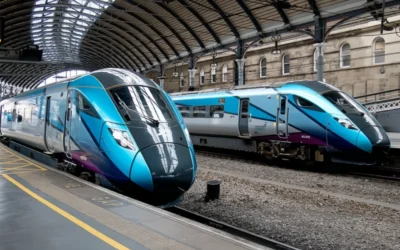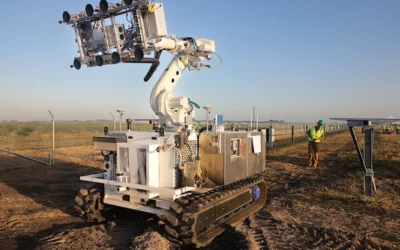InnovateUK funding will help DB ESG and partners assess the impact of hydrogen-powered carbon capture on internal combustion engine emissions.
DB ESG, a provider of engineering solutions for rolling stock, has secured funding from InnovateUK to explore the impact of hydrogen-powered carbon capture technology on the emissions of internal combustion engines. This significant project, aimed at enhancing fuel efficiency and reducing emissions, has emerged from the ‘Contracts for Innovation: International Rail Innovation Challenges’ initiative managed by InnovateUK, which is part of the Department for Business and Trade.
James Hornsby, Projects Director at DB ESG, highlighted the urgency of the initiative, stating, “With more than 5,000 diesel engines currently active in the UK alone, decarbonising the rail sector is imperative to meet carbon emission targets.” The project aims to assess both the economic and environmental advantages of prolonging the lifespan of these engines while effectively decreasing their emissions.
DB ESG is collaborating with Advanced Hydrogen Technologies (AHT), a specialist in cleantech, to implement this investigation. The trial will see AHT’s hydrogen and carbon capture device deployed on a Class 66 locomotive, with DB ESG overseeing the testing process. This phase will assess the technology’s effect on exhaust emissions and fuel consumption.
Ben Kattenhorn, CEO of AHT, commented on the technology’s potential for the rail industry, stating, “This pioneering system reduces carbon footprint and fuel costs and is already proven on road. We are looking forward to further establishing this technology in the rail sector.” He emphasised the timeliness of the initiative, which aims to assist both businesses and the rail industry in achieving their Net Zero targets.
The project’s initial testing phase will involve measuring fuel economy and emissions across different engine speeds using a load bank. Following these assessments, further tests will incorporate hydrogen injection into the air intake and the integration of the carbon capture device at the exhaust outlet. The outcomes of this project are expected to illuminate potential sustainability benefits and cost efficiencies for the rail sector.
This venture aligns with broader efforts to facilitate the decarbonisation of rail transport, contributing valuable insights into how existing diesel engines can function with a lesser environmental footprint.




